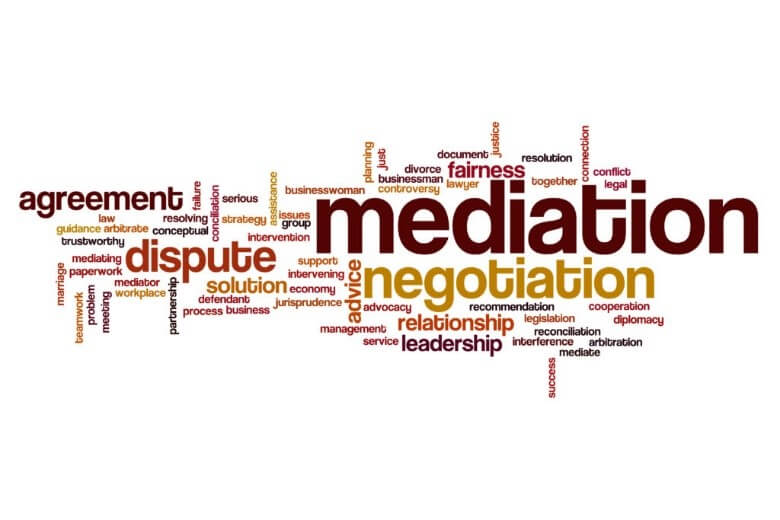Mediation is a careful process that is present in many careful navigations of dispute. The idea behind it is to provide a party of unbiased witnesses. They act as the safe ‘middle ground’ who calm disputes, or play the devil’s advocate. Mediation is involved in many various occasions from simple household arguments, to alternative dispute resolution and even in law.
The role of the mediator cannot be understated because they provide a clearer view of the case and information presented, while attempting to remove emotion from the proceedings to provide a fair and effective process with an outcome that is justified. Learning more about mediation and how it works in various situations to scenarios can widen your appreciation for the role and perhaps interest you in the position of mediator if you are interested.
What Is Your Field Of Expertise?
Mediator appointment is done carefully because, of course, the panel must prove itself to be knowledgeable yet unbiased in the case. Mediation may be required in construction disputes, or business disputes. Therefore, it helps to know about the industry you see yourself entering. Having a bachelor’s degree or a tertiary education that is recognised is a good start. Most mediators have law degrees and law experience. Being well-versed in the law that responds to different sectors is crucial, as the knowledge you have determines the field you enter and how you understand the dispute. Law buttresses all proceedings.

Get The Right Training
Mediation is not often discussed in law schools, therefore, you may have to do your own research to find places to provide the right training for your mediation goals. Because it is a large and diverse field which offers civil cases to entrepreneurial, technology and commercial, you should get training from a licensed institute that specifically caters to the kind of mediation you dream of pursuing. As mentioned, a law degree, whether bachelors or masters, is not mandatory, however it does give you the advantage of not starting from the bottom. You learn a few techniques and skills on mediation to set you off.
What Comes Next?
Training requires persistent dedication and work. Having completed it, the next step is to determine what you want to use your knowledge for and how. Do you want to set up your own practice, or would you rather start off with an already established dispute resolution body that gives you more experience in the real world and the scenarios that come with it? It is advised that you begin by joining an already available firm because while the training is rigorous, this allows you a deeper understanding of it as you work and continue to learn about the field and the role you play. Once you have gathered as much experience as you believe you need, you can work towards starting your own firm.


